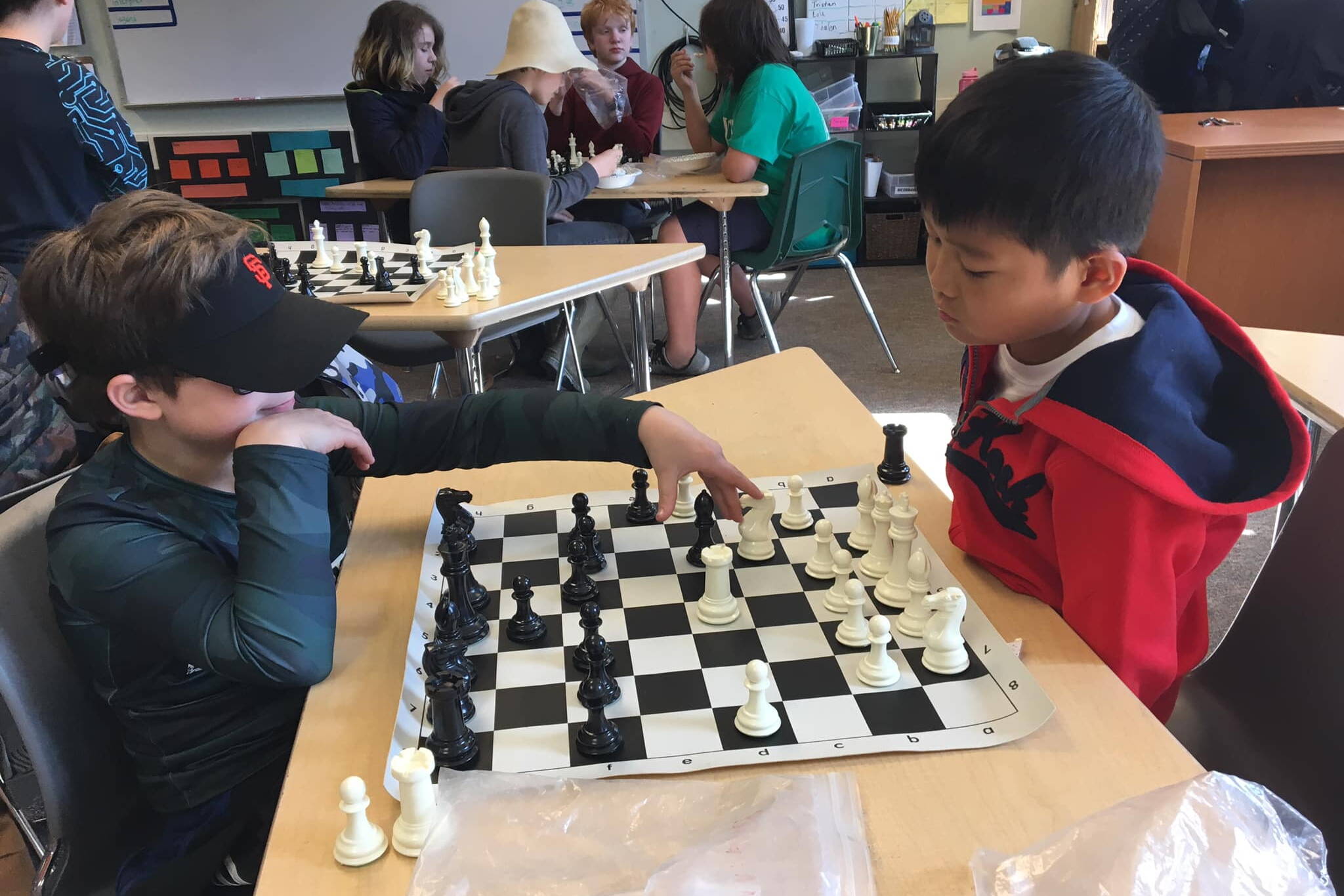There’s a lot of intense disagreements with the education bill that the House Majority failed to advance on Monday. One provision which got hardly any attention is the proposed statewide civics education curriculum. It’s an important enough subject that it should be added to the requirements for students to receive a high school diploma.
However, if the goal is to teach them the importance of being responsible citizens, then it shouldn’t be modeled on the civics portion of the naturalization exam used by the U.S. Citizenship and Immigration Services. Requiring them to pass a standardized test based on that would just add another class where teachers would be tempted to “teach to the test.”
For 20 years proficiency testing has been the primary means to measure student academic achievement, and grade the performance of teachers and schools. It’s led to a focus on rote memorization, which may be helpful for playing Trivial Pursuit or competing on Jeopardy, but it does nothing to enhance a student’s critical thinking abilities and creativity.
It’s also too easy for politicians like Gov. Mike Dunleavy to abuse the results of those tests.
A few weeks ago, the National Assessment of Educational Progress released a report that showed Alaska charter school students are outperforming their peers in charter schools across the country. It didn’t matter to Dunleavy that the report’s authors qualified it by noting “each state designs its own tests, making cross-state comparisons questionable.” He quickly turned the findings into political leverage for supporting his call to establish more charter schools.
On the other side of coin, Alaska’s traditional public schools have consistently produced among the lowest test scores in the country. Dunleavy is using that as part of his justification for opposing an increase to the Basic Student Allocation (BSA).
“If you just put money in the BSA,” he said, “there’ll be no change in performance, because we’ve done that year after year.”
But maybe, year after year, the method of measuring performance has been wrong.
Here’s why it’s wrong for a civic education curriculum. Based on the questions in the naturalization exam used for immigrants, graduating seniors will have to know the principles and structure of American government, the rights and responsibilities of being a U.S. citizen, and some basic American history.
Most or all of that is already covered in high school history and government classes.
Students should already know Thomas Jefferson wrote the Declaration of Independence. What will challenge them to think is understanding why he was chosen to draft it. And why all those who signed it were willing to “mutually pledge our Lives, our Fortunes and our sacred Honor” in support of the nation they were creating.
Asking why opens the door to a vast array of complex stories. It moves the mind out of the data collection mode and into an imaginative pursuit of knowledge that’s not unlike reading a novel.
Remembering that Susan B. Anthony fought for women’s rights and that Martin Luther King Jr. fought for civil rights is easy. Trying to learn how they attained the wisdom, passion and courage to dedicate their lives to those causes is real work. Their biographies may be anchored by facts strung together along the chain of time. But they’re only supporting characters to the events that shaped their lives and ultimate destinies.
By immersing themselves in a few biographical studies, students could gain a deeper appreciation for the long arc of America’s founding. And, more importantly, they might gain insights into the moral, social, and intellectual virtues necessary to sustain healthy communities, preserve our democracy, and continue the experiment of building a more perfect union.
In a nutshell, that is the primary objective of civics education.
Of course, prioritized reading over cataloguing facts makes developing the curriculum and grading students much more subjective. And more difficult to measure against what their peers in other schools learned. But either way, we won’t really know the quality of the education they received until they’ve applied it later in life.
At that point, they’d be better off understanding that the intellectual imaginations and selfless efforts of people like Jefferson, Anthony, and King were the spark behind the freedoms and rights we enjoy today. And that no set of memorized facts will ensure they’ll endure.
• Rich Moniak is a Juneau resident and retired civil engineer with more than 25 years of experience working in the public sector. Columns, My Turns and Letters to the Editor represent the view of the author, not the view of the Juneau Empire. Have something to say? Here’s how to submit a My Turn or letter.

